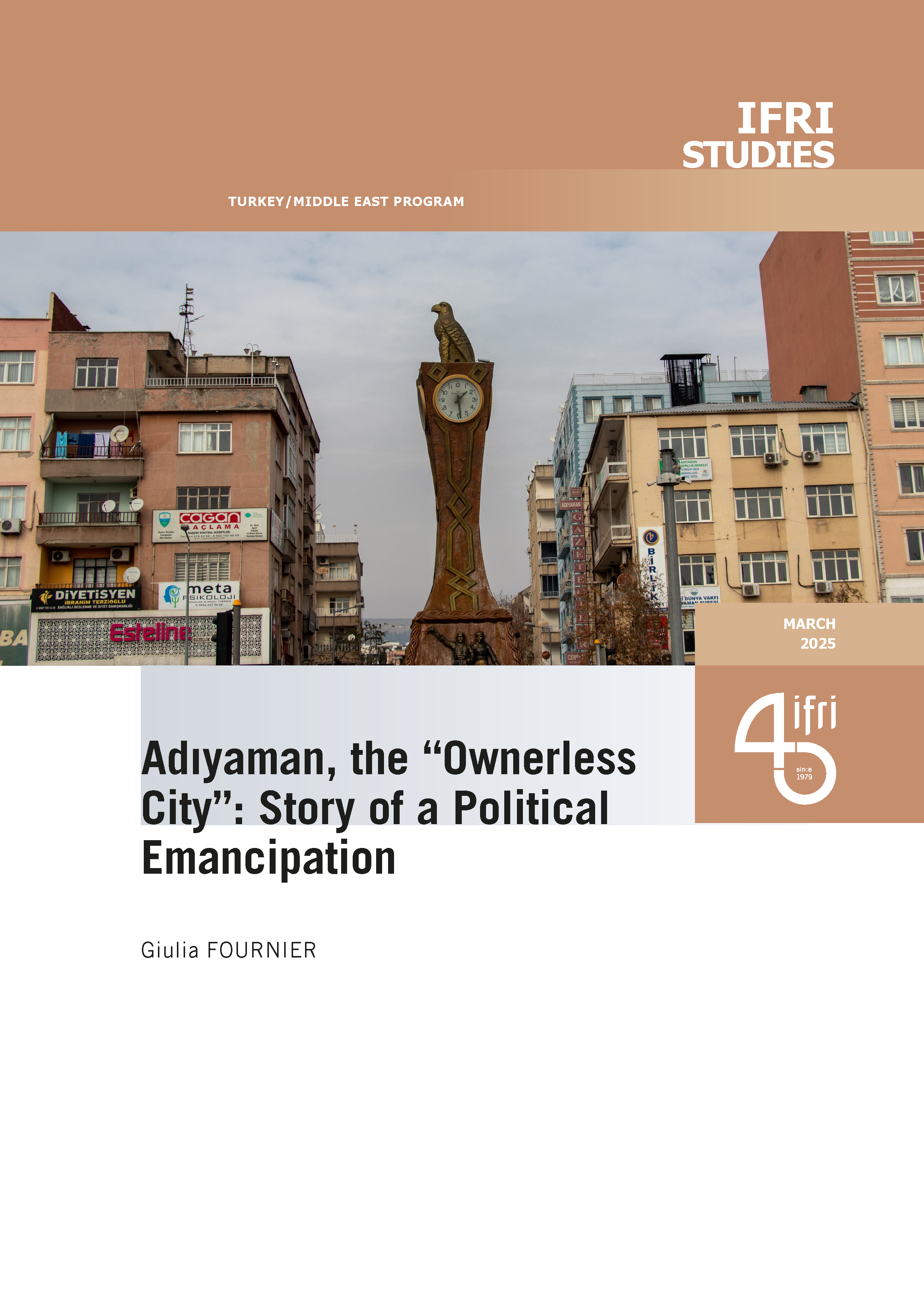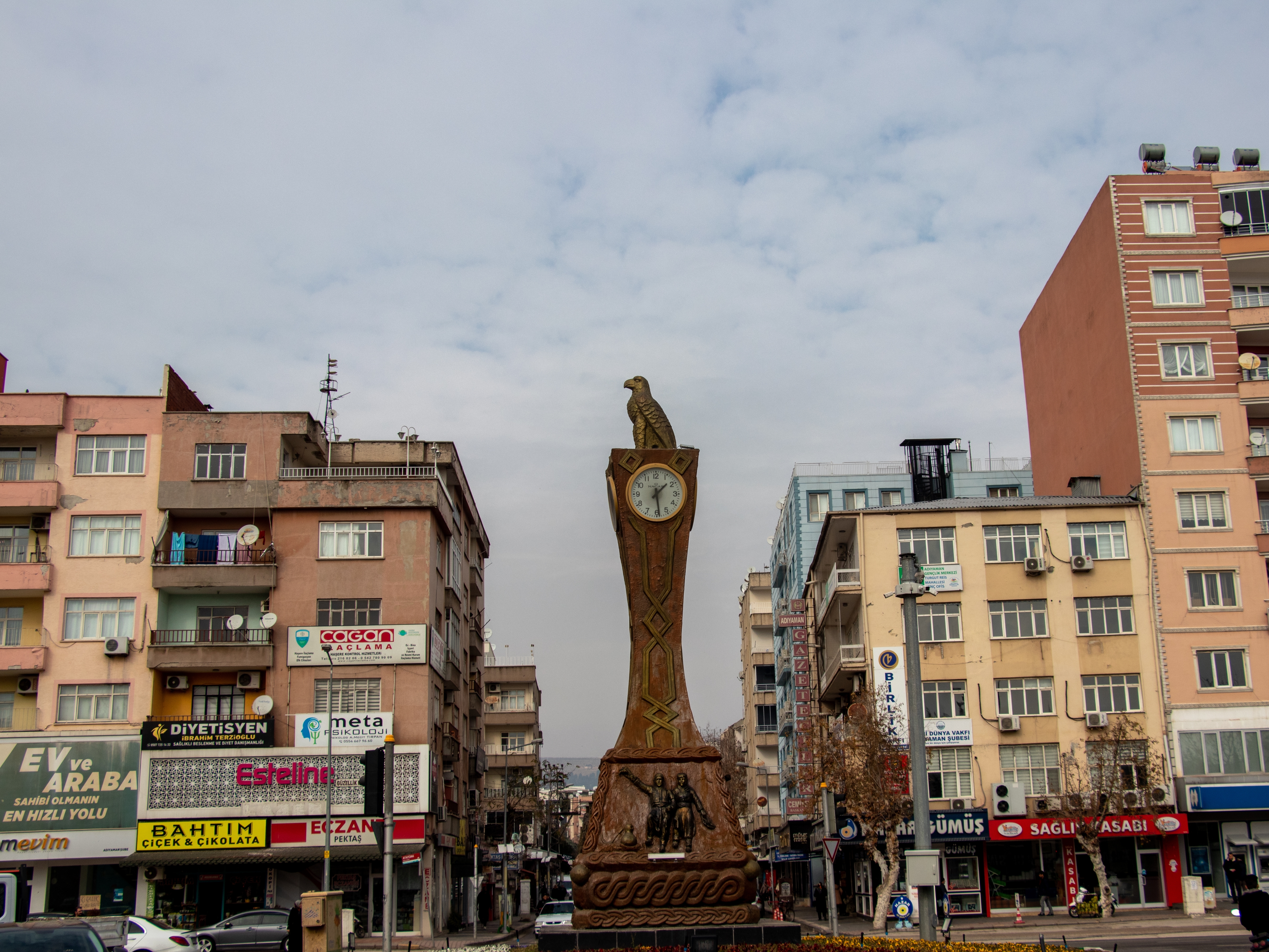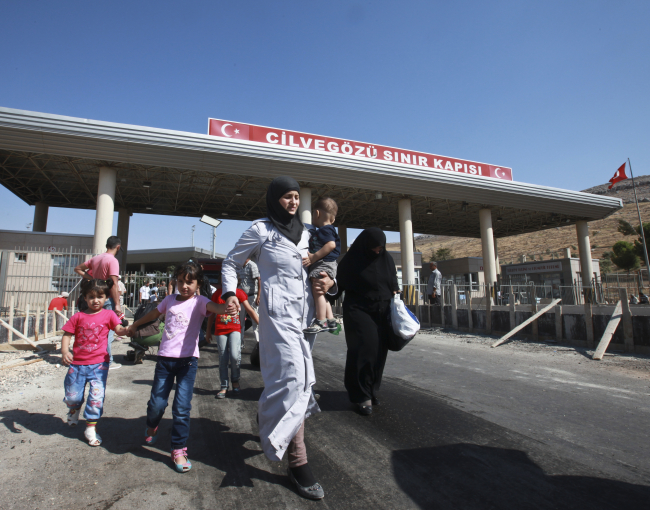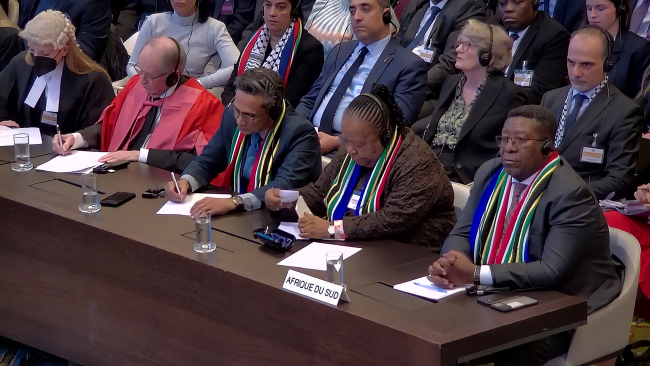Adıyaman, the “Ownerless City”: Story of a Political Emancipation

Over the past two years, the city of Adıyaman has made headlines for two major reasons: first, its devastation by the earthquake of February 6, 2023, which struck between Turkey and Syria, and second, its significant political shift following the municipal elections of March 31, 2024.

The election of a candidate from the Republican People’s Party (CHP) is unprecedented after 47 years of conservative dominance and 20 years of governance by the Justice and Development Party (AKP). This shift can be partially explained by a protest vote against a central government perceived as neglectful in the aftermath of the earthquake.
The election of this new mayor, in the context of intense political competition at the local level in Turkey and under challenging post-disaster conditions, represents both a challenge for the new municipal leadership and a source of hope for the population. After the traumatic experience of the earthquake, residents aspire to see their city rebuilt and opened to the world. Tourism, arguably the greatest hope for this transformation, is expected to play a key role in this process. The province of Adıyaman possesses an invaluable cultural and historical heritage, shaped by its position at the crossroads of civilizations, religions, and cultures. This rich legacy has the potential to drive economic recovery and foster greater international engagement.
>>> This study is also available in Turkish.

Available in:
Themes and regions
ISBN / ISSN
Share
Download the full analysis
This page contains only a summary of our work. If you would like to have access to all the information from our research on the subject, you can download the full version in PDF format.
Adıyaman, the “Ownerless City”: Story of a Political Emancipation
Related centers and programs
Discover our other research centers and programsFind out more
Discover all our analysesCanada’s Recognition of a Palestinian State: What Consequences on its Foreign Policy Toward Palestine?
On September 21, 2025, Canada became the 148th of 157 countries to recognize Palestine as a state. It did this with the United Kingdom (UK) and Australia, defying the United States (US) and Israeli opposition.
How to Jumpstart Economic Recovery in Syria? The role of syrian entrepreneurs in Turkey
This report examines the potential role of Syrian-partnered companies operating in Türkiye in supporting economic recovery and reconstruction efforts in Syria. Based on data collected through field research and surveys conducted by the Economic Policy Research Foundation of Türkiye (TEPAV), the report provides an overview of the business characteristics, sectoral distribution, and cross-border economic activities of Syrian entrepreneurs. The report explores how this business activity could contribute to restoring supply chains, stimulating local production, and generating employment.
Indonesia and the Palestinian Cause
During his inaugural presidential speech on October 20, 2024, Indonesia’s incumbent president, Prabowo Subianto, iterated certain principles central to the philosophical foundation of the Indonesian nation. He noted Indonesia’s longstanding foreign policy of non-alignment or “bebas dan aktif” (free and active) and its aversion to military pacts.
Middle Power Lawfare : South Africa, International Justice, and the Gaza Crisis
The intensification of violence in Gaza following Hamas’s 7 October 2023 Al Aqsa Flood attack and Israel’s military response prompted a broader reassessment of global diplomacy. Longstanding geopolitical alignments were disrupted, and questions about humanitarian obligations, institutional accountability, and the limits of state conduct returned to the centre of international debate.









